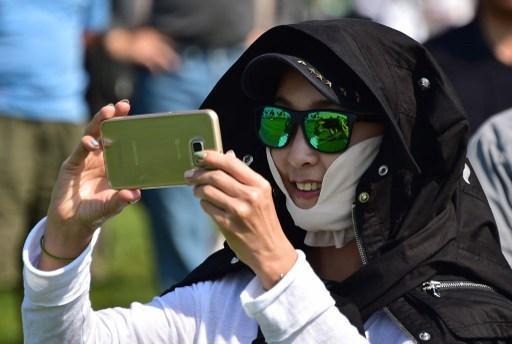South Korea is the most connected country in the world, ahead of Denmark, according to the 2015 report of the International Telecommunication Union (ITU), which measures the degree of development of the information society.
South Korea, first in the standings in 2013, came back to take the lead, followed by Denmark and Iceland. Belgium was 24th in 2014 and wins three seats to hit the 21st place, just above Ireland and Canada. This ranking is based on a "development index" of computer technology and telecommunications (ICT). The index, calculated by the ITU, classifies countries based on their level of access to ICT (Internet, telephone, mobile), their use and their skills in this area.
With the exception of South Korea, only one other non-European country, Hong Kong, is now in the top 10 ranking. In contrast, African countries monopolize the last ten seats.
The report shows that "3.2 billion people are now connected, that is 43.4% of the world population while the number of mobile phone contracts have reached almost 7.1 billion worldwide, with over 95% of the population served by mobile coverage."
The Internet usage in the world continues to grow, at a slower pace however, reaching 6.9% year-on-year against 7.4% in the previous report. However, in developing countries, the proportion of Internet users has almost doubled between 2010 and 2015.
The report also highlights the existence of a significant difference in the access to the Internet, since 81.3% of households in developed countries are connected, against 34.1% in developing countries against only 6.7% in the 48 least developed countries.
The ITU also estimated that by 2020, 56% of households worldwide will have access to Internet but the number of Internet users should only represent 53% of the world population.
(Source: Belga)
South Korea becomes the most connected country in the world, Belgium is 21st

